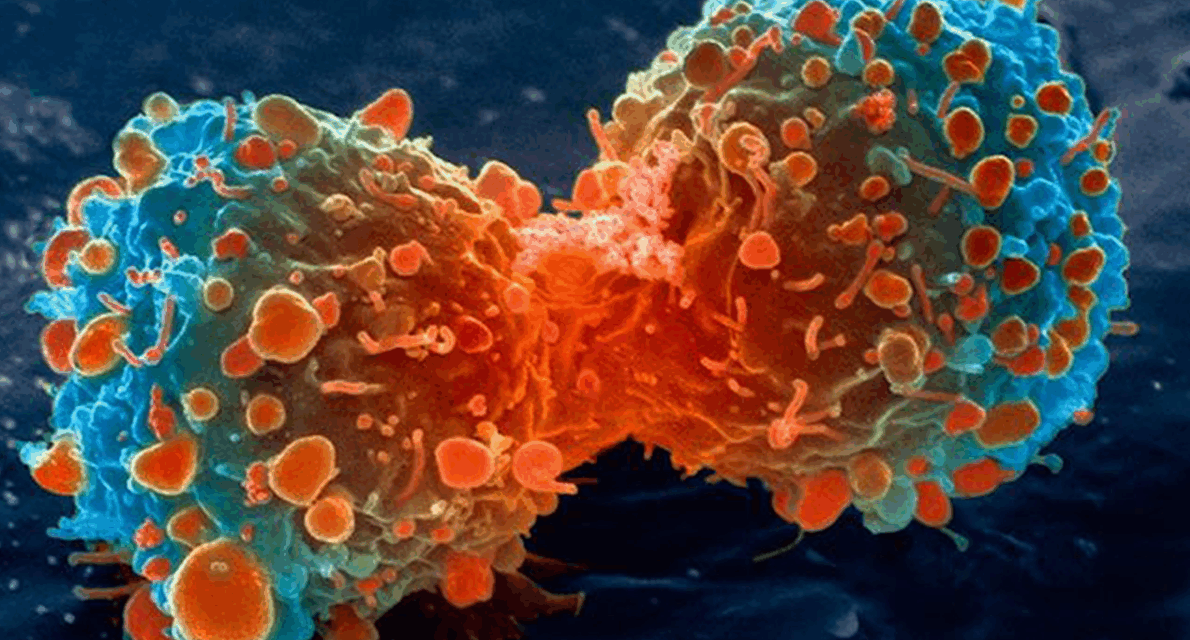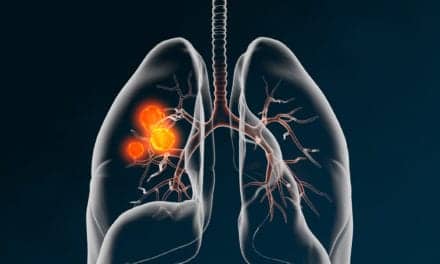Summary:
The College of American Pathologists (CAP) has updated 23 cancer protocols to align with the latest standards from the AJCC and WHO, enhancing diagnostic precision and patient care.
Takeaways:
- Improved Specificity: Updates include refined questions and expanded answer options for better tumor classification in organs like the bladder, kidney, and gastrointestinal tract.
- Pediatric Focus: Pediatric biopsy protocols were revised for clarity, with added metadata for electronic reporting (eCP).
- Selective Biomarker Reporting: Breast and mesothelioma protocols were adjusted to require more targeted histologic and biomarker reporting.
The College of American Pathologists (CAP) released updates to 23 cancer protocols to ensure that laboratories remain aligned with best practices in oncology and patient care. These updates reflect the latest guidance from the American Joint Committee on Cancer and the World Health Organization.
Key changes to cancer diagnosis protocols include:
- Gastrointestinal: New questions related to treatment effect, histologic types, and tumor size to better address multifocal invasive carcinoma with additional neoplasms.
- Pediatric: Revised accreditation requirement statements (biopsy protocols), reformatting of explanatory notes, and the addition of reference range metadata (eCP only).
- Kidney Resection: Refined language in the lymphatic and/or vascular invasion question.
- Bladder Biopsy: Expanded answer options for the muscularis propria question to better define tumor involvement.
- Pleural Mesothelioma: Histologic grade reporting required only for epithelioid mesothelioma.
- Breast Biomarker Reporting: Updated test method questions for conditional reporting.
These cancer protocols are updated quarterly and reaffirm the CAP’s commitment to advancing cancer diagnostics and improving patient care. A full summary of revisions is available under the resources section on cap.org.
Featured Image: CAP has updated 23 cancer protocols to align with the latest standards from the AJCC and WHO, enhancing diagnostic precision and patient care. Image: College of American Pathologists




